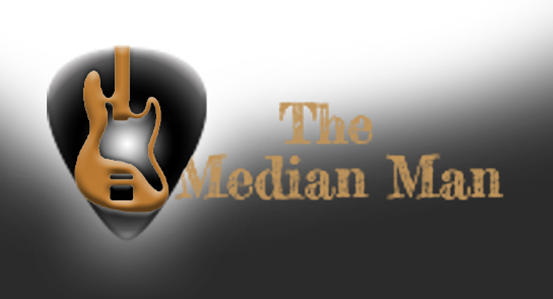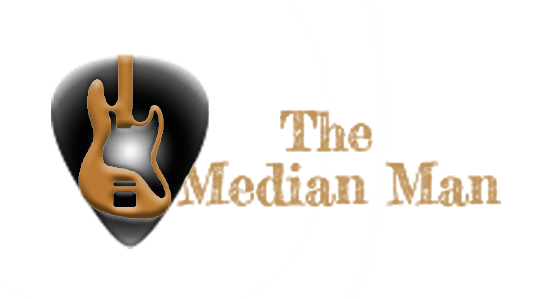
An Interview With Ali In The Jungle

An Interview With Ali In The Jungle
COOL KID
What inspired the name of the band and what are your influences?
We’re called Ali In The Jungle for a few reasons. When we formed we were 14-16. Ali was the eldest, and was cooler than the rest of us, so we named the band after him in order to entice him into joining. It would’ve been well awkward if he hadn’t joined! We were also keen to name it after our drummer so as to put him in the limelight, not only because he’s an awesome drummer, but because we love over groups who do this, such as The Beatles and The Arctic Monkeys.
The name additionally comes from a song by The Hours, which is about succeeding against the odds; we thought this was a good mantra to take on.
Our influences are post-punk revival bands such as Franz Ferdinand, The Killers, The Strokes, Interpol, The Arctic Monkeys, but also alternative bands such as Radiohead, Vampire Weekend, and Keane. We draw a lot from these 2000s bands, but other big influences are The Beatles and David Bowie – artists who were like chameleons, always able to change their style on a whim.
How do you approach songwriting? Are there any themes that you are keen O explore when you start off?
It’s always important to approach each song differently, to avoid being formulaic, but also to guarantee that the musical and lyrical content of the songs match up. There’s always themes we’re keen to talk about or ideas for the sort of music we’d like to write, but mostly you take whatever comes to you and run with it until the song’s the best it can be and there’s no wasted moment or lyric in it.
We swap instruments sometimes to guarantee a song has it’s own flavour. In ’Drunk Generation’ (from our debut EP Anyway), Chris swaps his guitar for bass, and Sam vice-versa. Sam applies his glam influences to the lead guitar work, and contributes a drunken brit-pop Oasis-dirge to his chords. Meanwhile Chris applies his post-punk revival sensibilities to the bass, making it pop in a way that reminds us of music played in bars in the 2000s. Thematically ‘Drunk Generation’ tackles the ups and downs of drink culture, something that was on Tim’s mind a lot at time of writing. The songs are sort of time capsules, encapsulating our thoughts and emotions at the time of writing.
We made a video for ‘Drunk Generation’ during lockdown.
Watch it here: https://youtu.be/
DRUNK GENERATION
DRUNK GENERATION
How do you approach songwriting? Are there any themes that you are keen O explore when you start off?
It’s always important to approach each song differently, to avoid being formulaic, but also to guarantee that the musical and lyrical content of the songs match up. There’s always themes we’re keen to talk about or ideas for the sort of music we’d like to write, but mostly you take whatever comes to you and run with it until the song’s the best it can be and there’s no wasted moment or lyric in it.
We swap instruments sometimes to guarantee a song has it’s own flavour. In ’Drunk Generation’ (from our debut EP Anyway), Chris swaps his guitar for bass, and Sam vice-versa. Sam applies his glam influences to the lead guitar work, and contributes a drunken brit-pop Oasis-dirge to his chords. Meanwhile Chris applies his post-punk revival sensibilities to the bass, making it pop in a way that reminds us of music played in bars in the 2000s. Thematically ‘Drunk Generation’ tackles the ups and downs of drink culture, something that was on Tim’s mind a lot at time of writing. The songs are sort of time capsules, encapsulating our thoughts and emotions at the time of writing.
We made a video for ‘Drunk Generation’ during lockdown.
Watch it here: https://youtu.be/
WHAT WE WANT TO HEAR
Why do you write the sort of music that you do?
We write the music we wish we could hear everywhere on the radio; a mixture of our post-punk revival influences, and more retro-piano driven influences. I guess you always glorify the time in which you grew up. We grew up with a radio dominated by upbeat and interesting rock music, and we want that for the genre again.
Otherwise I’m not sure why, I think everyone’s got a natural musical voice and you can’t control that, you can only hone it in and push it in certain directions. There’s also your limitations and how you work around those that tend to make your music what it is and pushes you to be creative.
How do you decide what songs to perform live and how do you transpose them into that live setting?
We record them in a way that’s very analogue; there’s nothing on the record that we don’t do live. We write our music to guarantee it will entertain in the live setting, and when it feels great to play live, it feels great to play on a record as well.
ANALOGUE
ANALOGUE
How do you decide what songs to perform live and how do you transpose them into that live setting?
We record them in a way that’s very analogue; there’s nothing on the record that we don’t do live. We write our music to guarantee it will entertain in the live setting, and when it feels great to play live, it feels great to play on a record as well.
MUSIC!
What plans do you have for the future?
We’re releasing our music video for ‘I Don’t Even Know You’ on 17th July, and have a video for ‘People Change’ in the works.
We’re also writing the music for a short film by Chloe Kennedy called Making Waves, to be on BBC iPlayer!
We’re also looking forward to the venues re-opening so that we can continue our EP mini-tour. We’ve begun on good footing, supporting ‘drunk folk’ artist Beans On Toast. Watch our set here: https://youtu.be/
Listen to the Anyway EP here: http://hyperurl.co/

